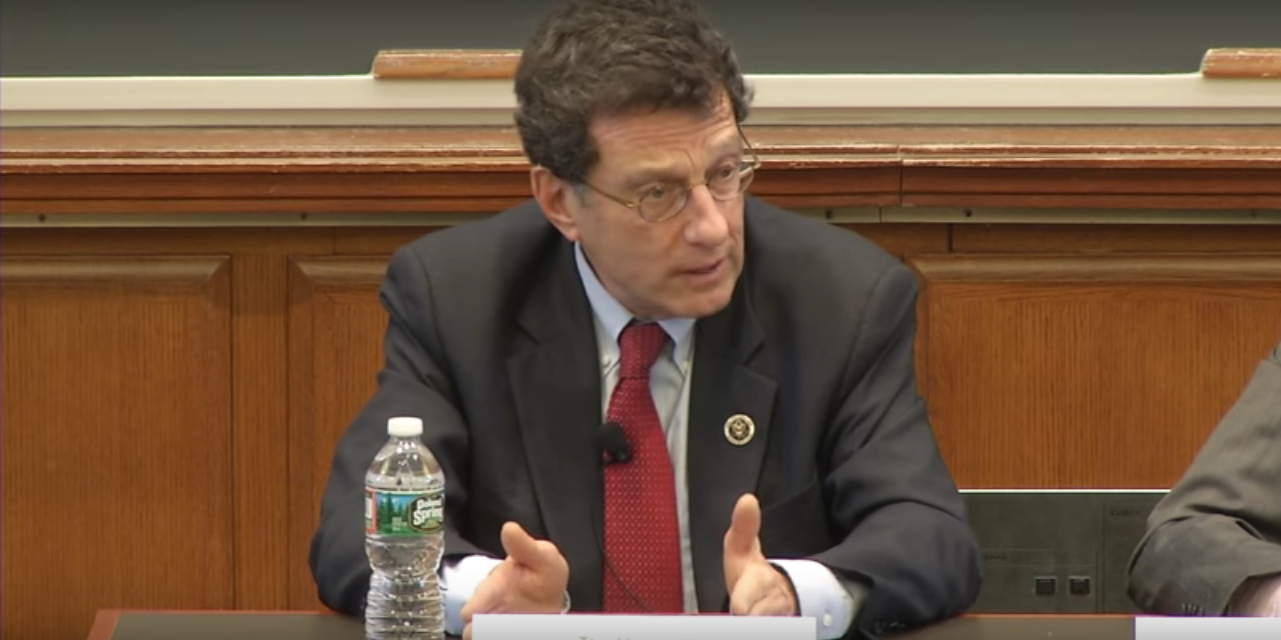Drawing a comparison to the internal documents that catalyzed litigation against the tobacco industry, a group of medical historians have asked a federal judge to establish a $30 million permanent archive for millions of files obtained in federal opioid litigation.
The 35 historians from universities including Harvard, the University of Pennsylvania, Johns Hopkins and Yale said in a Sept. 12 filing with U.S. District Dan Aaron Polster in Ohio that the documents are necessary to perform “impactful research into the origins and ramifications of this defining crisis in the recent history of our nation.” They suggested the judge order defendants to prepare their documents for a searchable Internet archive similar to the tobacco archives at the University of California San Diego. The project would cost $5 million to set up and $25 million for a permanent endowment, the historians said. The defendant companies should pay for the work, they said.
While the historians say the documents are needed to research how the opioid epidemic occurred, they appear to have already reached some conclusions. In the filing, they blame “the power of marketing methods honed over decades by a resourceful and ill-regulated industry.”
“The concealment of information about the abuse potential and distribution patterns of opioid painkillers allowed the opioid crisis to take root in the first place,” they said. “Since secrecy fueled the crisis, no just and genuinely remedial settlement can be reached unless it honors the public’s right to know and secures the conditions for its effective exercise into the future.”
Documents obtained in discovery have become a key weapon in the arsenal of mass-tort lawyers, who provide them to journalists to generate stories supporting their legal strategy. Internal documents have been critical to litigation over Roundup and cosmetic talc, for example, which is based as much on theories of corporate misconduct and failure to research health risks as the alleged health risks themselves. Opioid litigation is built almost entirely upon internal documents that plaintiff lawyers say reveal how manufacturers and distributors knew the risks of their drugs, but failed to alert physicians or curtail illegal diversion of opioids. Defendants say they sold their products in accordance with federal regulations and the plaintiffs haven’t identified any specific physicians who were misled by their marketing.
The historians seeking a permanent archive acknowledge the tobacco litigation had mixed financial results. They noted $260 billion states obtained from the tobacco industry through the 25-year Master Settlement Agreement was largely spent on non-tobacco purposes, including $14 billion in fees for private lawyers. As with smoking there’s “no realistic hope” of an opioid settlement that compensates all victims, the historians said, but the tobacco settlement “succeeded beyond expectations” when it came to providing information to the public.
The main benefit of the tobacco documents appears to have been insights into industry marketing practices the historians say misled consumers about the dangers of smoking. They “provided the impetus for a new wave of scholarship on what is still, by many measures, the worst man-made public health catastrophe in U.S. history,” the historians said.
“Research has demonstrated that the policies enacted and resources mobilized as a result of changing public attitudes toward smoking have almost certainly done more for tobacco control than those enacted or mobilized by the MSA itself,” the historians said.
As part of the global tobacco settlement Philip Morris and other companies donated $1.7 billion to form the American Legacy Foundation, renamed Truth Initiative in 2015, which in turn gave $12.5 million for a permanent Legacy Tobacco Documents Library at UCSF. The library added the Drug Industry Documents Archive in 2006, and has recently added sections on the chemicals, food and fossil fuel industries. Now consisting of 91 million pages, it was renamed the Industry Documents Library in 2015.
As a central repository for internal documents, the archive is no longer “confined to the history of tobacco,” the historians stated. “Two prominent historians of science” used the library to conclude that fossil-fuel companies used similar tactics “to challenge the scientific consensus on climate change,” they said. Those historians, Naomi Oreskes of Harvard and former Jet Propulsion Laboratory scientist Erik M. Conway, published a 2010 book that was later made into a move, “Merchants of Doubt,” that helped inspire the current wave of climate lawsuits against the oil industry.
“Given Big Tobacco’s pioneering role in the development of marketing, public relations, and legal strategies designed to deceive the public, forestall regulation, and escape accountability in court, the tobacco documents shine an exceptionally bright light on corporate practices now adopted across regulated industries to undermine legally mandated oversight,” the historians say in their brief urging an opioid document archive.
The historians say they have “no direct stake” in the opioid litigation and don’t have a position on upcoming bellwether trials against the industry. However signatory David Herzberg of the University of Buffalo was formerly an expert for the opioid plaintiffs and two others are associated with the UCSF Center for Tobacco Control Research and Education.
“The defendants’ financial resources are finite, but their internal documents too constitute valuable assets in the task ahead, for they can help shape public knowledge of the crisis in ways that are likely to make a lasting difference in the nation’s response to it,” the historians said.
Another potentially valuable trove of documents that would help the public understand the costs and benefits of opioid litigation is accumulating in Judge Polster’s court – precise time and expense records he ordered plaintiff lawyers to maintain in order to justify their fees, which are likely to exceed $1 billion. The judge hasn’t said whether he will make those records public, and lawyers are likely to fight any such effort on grounds of attorney-client privilege and confidentiality.
At least one state, Texas, has declared billing records from private attorneys hired by municipal officials to be public records. After a brief skirmish, lawyers there released their records for public view in 2018.
